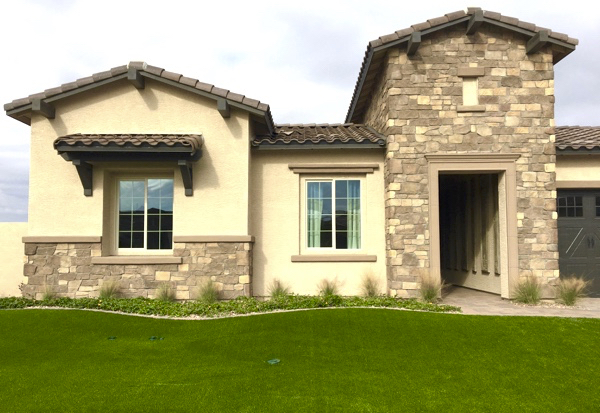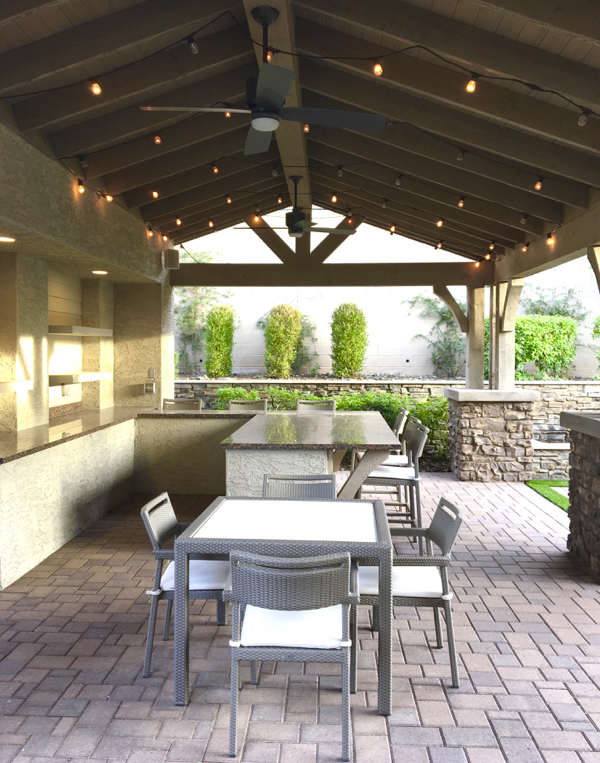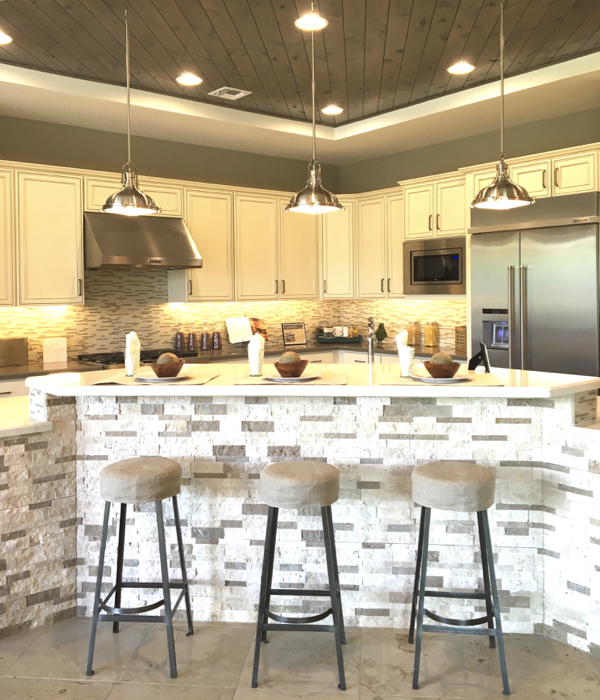Disclaimer: This post is sponsored by PSECU, a Pennsylvania-based credit union.
Buying a home is an exciting decision. When people finally settle down in their own house, they have the opportunity to truly make it their own — from floor to ceiling, every square inch should feel personal.
It’s not surprising, then, that many people dream of someday owning a house. In addition to excitement, however, the thought of buying a house may also bring stress and worry, especially since owning a home comes with a lot of financial responsibility.
On top of mortgage payments, homeowners must balance repair, maintenance and other fees in addition to their usual expenses. This can overwhelm some people and cause them to question whether home ownership is right for them at all.
Even though buying a house requires a lot of responsibility, the financial aspects of home ownership don’t have to ruin the excitement of making a home your own. In fact, it’s possible to build a budget for almost any dream home as long as the buyers think realistically about how and when they can afford it.
Here are a few things prospective buyers should remember when budgeting for the house of their dreams.
Mortgage Payments Should Be Realistic
Buying a house naturally costs more than renting. However, a mortgage payment should be just like any other monthly bill in a budget: it should be reasonable enough to manage alongside other expenses.
In general, home buyers shouldn’t spend more than 25 percent of their total monthly income on mortgage payments. After all, they still need to buy food, put money into savings and have enough left over to handle emergencies and enjoy living in their new home.
Additionally, remember that 25 percent may not be realistic for everyone. If other expenses like student loan debt or car payments need to be payed too, then a lower percent might be more feasible.
Mortgage lenders frequently offer home buyers a better mortgage than they can actually afford, so figuring out how much of your income you can comfortably spend on housing yourself is essential.
When devising a budget, allot money for all expenses, including entertainment, transportation, emergencies and savings. If you’re budgeting for a dream home, cut back where you can, but think realistically. Don’t take a mortgage you can’t comfortably pay, no matter how much you like the house.
A House Comes with Many Costs
In actuality, a mortgage payment that makes up 25 percent of available income is likely too much. This is because homeowners pay a lot more than a monthly mortgage bill. Houses come with many costs, including maintenance, utilities, repairs and even other fees like property tax and homeowner’s insurance.
When budgeting for a dream home, prospective buyers should include all costs associated with home ownership within the reasonable percent of income they can afford to spend on housing.
If you’re still daydreaming about what house to get, remember that different types of houses come with different fees. The owner of a condo might have to pay a monthly Homeowner’s Association fee, while a single-family homeowner might skirt the association fees while actually paying more for landscaping and external maintenance.
Weigh the costs with the benefits of each housing option and make sure to factor in all costs when making a budget.
Don’t Settle for ‘Just Alright’
Buying a house is a huge decision. Ideally, that decision should last for many years. If it doesn’t appear realistic to buy your dream home using your current budget, don’t settle for a mediocre middle-ground. Consider other options for buying the home of your dreams.
Some buyers feel comfortable tackling a fixer-upper project. Often, people can buy these houses under budget and use the remaining money to renovate them to meet their standards. This could be a financially beneficial option for people who enjoy DIY projects, since they’ll avoid labor costs.
Buying a fixer-upper can allow you to make your dream house a reality. Ambitious renovators should keep in mind, though, that unforeseen structural problems could make for an expensive process.
Even if renovation isn’t in the cards, people don’t have to give up on finding their dream home. Waiting a few years to save money might be a better option than jumping into the deep end before you’re ready. To start budgeting for a dream home right now, hopeful buyers can put a large chunk of their income into a savings account every month to contribute to a future down payment.
Make Your Dreams Reality
Buying a home is one of the biggest financial decisions people make. It’s a chance for them to express themselves and take ownership over their living situations. Though starting the financial journey toward buying a home can be different and new, it doesn’t have to be scary.
Whether you’re ready to buy or not, you can make your dream home a reality by thinking realistically and budgeting thoughtfully. Start planning — and dreaming — for your future home today.
So don’t miss out! Join us to get the latest DIY Thrill Projects, Easy Recipes, DIY Hacks and more right here…






Leave a Reply